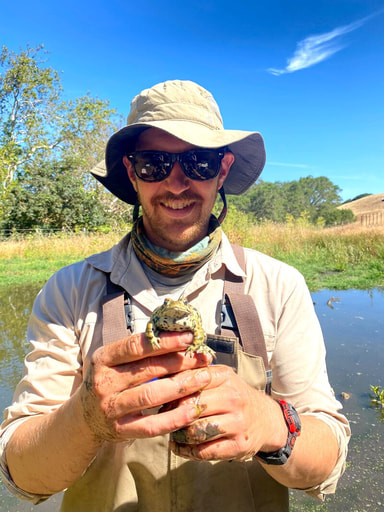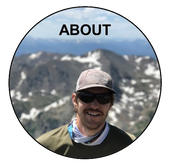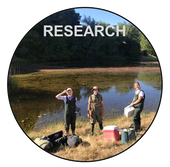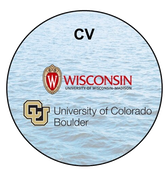|
Understanding how species interact with each other and with their environment (i.e., ecology) is critical for predicting the ways in which natural systems will respond to disturbance and change. I'm particularly intrigued by the question of whether interspecific interactions (e.g., predation, parasitism) mediate the response of focal species and communities to novel stressors. To address this question, I make use of a (growing) toolbox that includes Bayesian statistics, occupancy modeling, stable isotopes, and field experiments.
I did my Master's work at the University of Wisconsin–Madison in Dr. Zach Peery's lab, where I studied California spotted owl population and trophic ecology. My research focused on understanding whether and why owl populations differed among landownerships in the Sierra Nevada. I earned my PhD in the Dept. of Ecology and Evolutionary Biology at the University of Colorado in Dr. Val McKenzie's lab. My PhD research was diverse owing to unforeseen interruptions and my tendency for generalization. Topics included host–parasite ecology and invasion biology. I've now returned to the Peery Lab at UW-Madison! I'll be broadly working on research concerned with Sierra Nevada bird populations, and in particular designing prioritization tools to aid land managers in effectively carrying out conservation actions. I'm also a human. When I'm not **respectfully thanking** reviewer 2, I can often be found outside hiking, biking, skiing, climbing, or fly fishing. I also spend too much time showing people photos of my pets (Pepper, Louie, & Pip), eating sourdough, quoting Lord of the Rings, and discussing the merits of pour-over coffee. Email: bkhobart [at] gmail.com |




